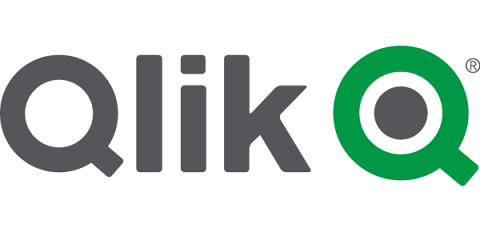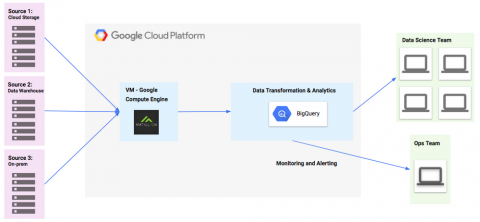Analytics + Automation = More bad news
We’re in the early stages of a dramatic transition for the analytics industry. More and more of the jobs that were previously done by analysts are being automated. Technology is changing the way organizations receive information. People are being alerted to both good and bad news as it happens and this has profound behavioral consequences for organizations.









